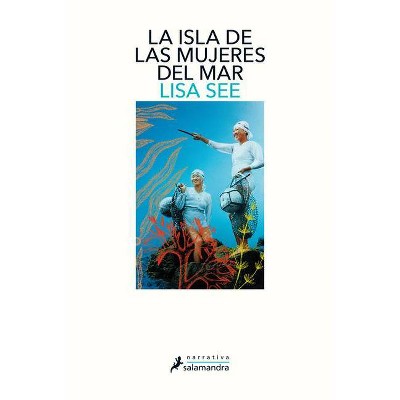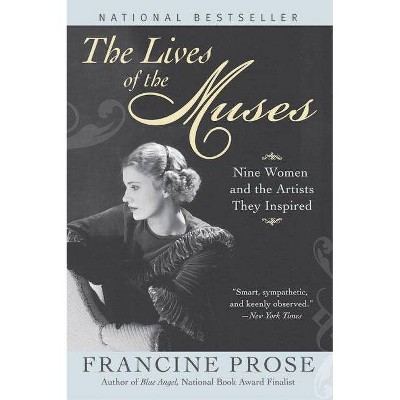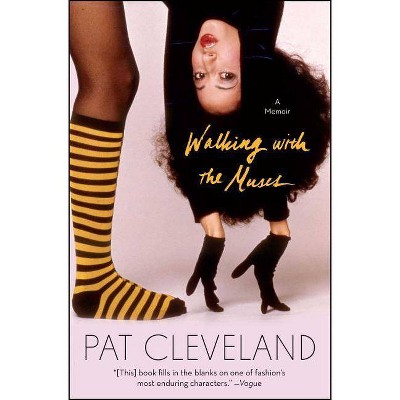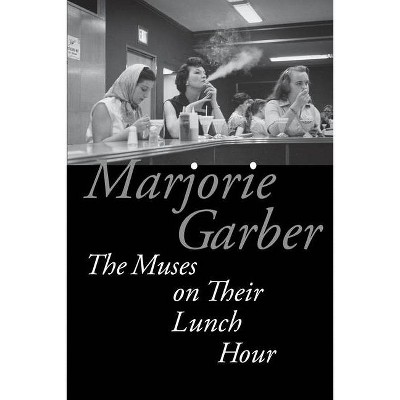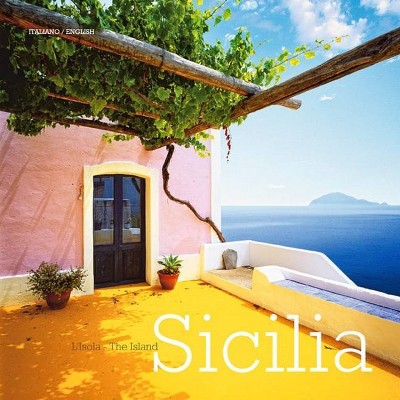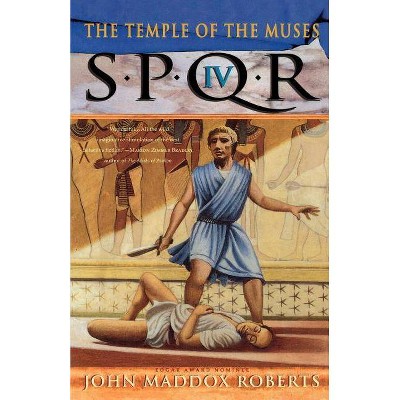La Isla de Las Musas / The Island of the Muses - by Verónica García-Peña (Paperback)

Similar Products
Products of same category from the store
AllProduct info
<p/><br></br><p><b> Book Synopsis </b></p></br></br><b>Verónica García-Peña reinventa el género del <i>thriller </i>psicológico en esta novela en la que un peculiar personaje nos conducirá por los túneles de su memoria, nos envolverá en la bruma de un recóndito lugar y nos hará partícipes del puzle de su pasado para descubrir con él un gran secreto familiar.<br></b><br>Un misterio que la memoria ha velado. Un recuerdo que desvelará la verdad. <p/>En 1936, Ricardo Pedreira Ulloa, un escritor atormentado por la pérdida de inspiración, decide volver al pazo familiar donde se crió, situado en una isla gallega. La aparición de una misteriosa mujer le devolverá su talento, pero también el recuerdo de una historia, enterrada por el olvido y los excesos, que se remonta diez años atrás. Un recuerdo a medias que lo persigue y le obliga a enfrentarse al enigma de su pasado. Una atmósfera asfixiante cuya neblina oculta una poderosa verdad. <p/>«Esa noche en la que todo cambió para siempre, el océano de mi isla rugía con furia, presa, como yo, del dolor de los pecados cometidos. Y esa noche descubrí, también, más oscuros secretos que helaron mi sangre y achicaron, casi del todo, las lagunas de mi desmemoria». <p/>«Frente a la puerta vieja y rancia del longevo faro, su forma se me antojó espectral, terrible y cargada de maldad. Sí, maldad que se respiraba y se sentía dentro y fuera, en la tierra y en el aire, e incluso en las primeras gotas de lluvia que comenzaban a caer, como lágrimas ardientes que auguraban que aquella noche de octubre de 1936, y las que la siguieron, lo cambiarían todo. ¿Puede un edificio ser malvado? Quizá la construcción como tal no, pero sí el corazón de los hombres que lo construyeron y utilizaron. El Faro del Amor. Sonaba tan romántico y evocador. En ese momento, frente a él, me preguntaba cuánto amor quedaba en el lugar. Nada. No quedaba nada. Se había esfumado como lo había hecho la bondad del alma de los que lo habían usado y habitado, dejando allí solo la huella de la consternación y la desesperanza, convirtiéndolo en un sitio sin corazón ni aliento. Un rincón relegado que subsistía a base de nostalgia e historias de otras épocas. Evocaciones de antaño que exigían vivir y ser libres de nuevo». <p/><b>ENGLISH DESCRIPTION</b> <p/><b>Verónica García-Peña reinvents the psychological thriller genre in this novel in which a strange character will lead us through the tunnels of his memory, envelop us in the mist of a remote place, and make us participate in the puzzle of his past to discover with him a great family secret.</b> <p/> A mystery that memory has revealed. A memory that will reveal the truth. <p/> In 1936, Ricardo Pedreira Ulloa, a writer tormented by the loss of inspiration, decides to return to the family manor where he grew up, located on a Galician island. The appearance of a mysterious woman will give him back his talent, but also the memory of a story, buried by oblivion and excesses, that goes back ten years. A half memory that haunts him and forces him to face the enigma of his past. A suffocating atmosphere whose haze hides a powerful truth. <p/> 'That night when everything changed forever, the ocean of my island roared with fury, trapped, like me, in the pain of the sins committed. And that night I also discovered more dark secrets that made my blood freeze and narrowed, almost completely, the gaps in my forgetfulness.' <p/> 'In front of the old and stale door of the long-lived lighthouse, its form seemed spectral, terrible and charged with evil. Yes, evil that was breathed in and felt both inside and outside, on the ground and in the air, and even in the first drops of rain that began to fall, like burning tears that foretold that that night in October 1936, and those that followed, would change everything. Can a building be evil? Perhaps not the construction itself, but the hearts of the men who built and used it. The Lighthouse of Love. It sounded so romantic and evocative. At that moment, in front of it, I wondered how much love was left in the place. Nothing. There was nothing left. It had vanished as had the goodness of the soul of those who had used and inhabited it, leaving only the trace of dismay and hopelessness, making it a place without heart or breath. A relegated corner that subsisted on nostalgia and stories from other times. Evocations of yesteryear that demanded to live and to be free again.'
Price History
Price Archive shows prices from various stores, lets you see history and find the cheapest. There is no actual sale on the website. For all support, inquiry and suggestion messagescommunication@pricearchive.us
